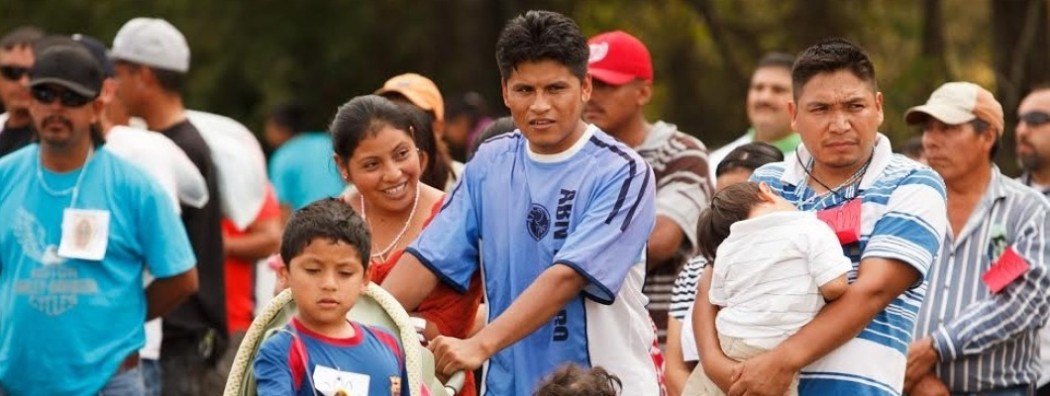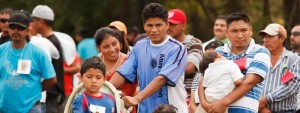By Jennie Bell, NC Council of Churches
Those called “outsiders” have long been the most vulnerable in any society because they are not afforded the protection and support that acceptance in a group would guarantee. While almost everyone has been made to feel like an outsider at some point in time, certain groups of people are often targeted due to their differences, such as those of different races, social classes, genders or sexual orientations.
To be an outsider means not having a voice in formal proceedings that will affect you or your family’s life. As a woman, I have experienced being an outsider in many ways: Courts decide my reproductive rights. There are still many industries in which I will not only be paid less, but may not even be considered for a job for which I am highly qualified. And, even within the church, there are times when I have been made to feel like an outsider by those who claim to love their neighbors as themselves but who do not think women should hold leadership positions in the church.
House Bill 100, which would ban law enforcement agencies from recognizing consular or local identification cards, is a shining example of this reality. It specifically targets a group of people we have classified as “undocumented” or even “illegal.” This bill directly targets our brothers and sisters whom the state has refused to formally acknowledge. Imagine what it would be like to not have any means to identify yourself—it would be as if you do not officially exist in society.
Not having official identification would make life difficult for anyone, but it is probably most difficult for women who are striving to provide food and safe housing for their children, enroll them in public schools, care for their family’s health needs, and protect them physically, socially, and emotionally. For example, a mother without appropriate identification might be unable to obtain a prescription medication for a sick child. Registering a child for school is almost impossible without identification, and even if the child could be registered, a parent going to the school office would be required to show identification to pick up the child or accompany the class on a field trip. Without some form of identification that is recognized by community agencies, it would be very difficult to function even marginally in society.
Acknowledgement is at the heart of HB 100. HB 100 utilizes the state’s authority to regulate identification in such a way as to deny dignity and humanity to an entire group of people. Moreover, it punishes those cities and counties that would go against this inhumane law by taking away funding for schools and roads if they do not comply. In this way, HB 100 incentivizes persecution and unjust treatment toward those who are already victimized because they are considered “outsiders.”
Those of us who oppose this inhumane treatment of immigrants frequently reference the command from God to care for the most vulnerable in society, which is echoed throughout scripture. This mandate is often accompanied by the command that we remember that we too were once strangers in a foreign land. As a Christian, I believe that we are all citizens of the city of God and no earthly categories or documents have the power to prevent the citizens from living into the reign of God. HB 100 does not witness to the love, mercy, grace, and acceptance God has toward the many men, women, and children targeted by this bill. We cannot support laws that divide societies into different classes by taking away the dignity, humanity and identity of entire groups of people.


There are no comments
Add yours